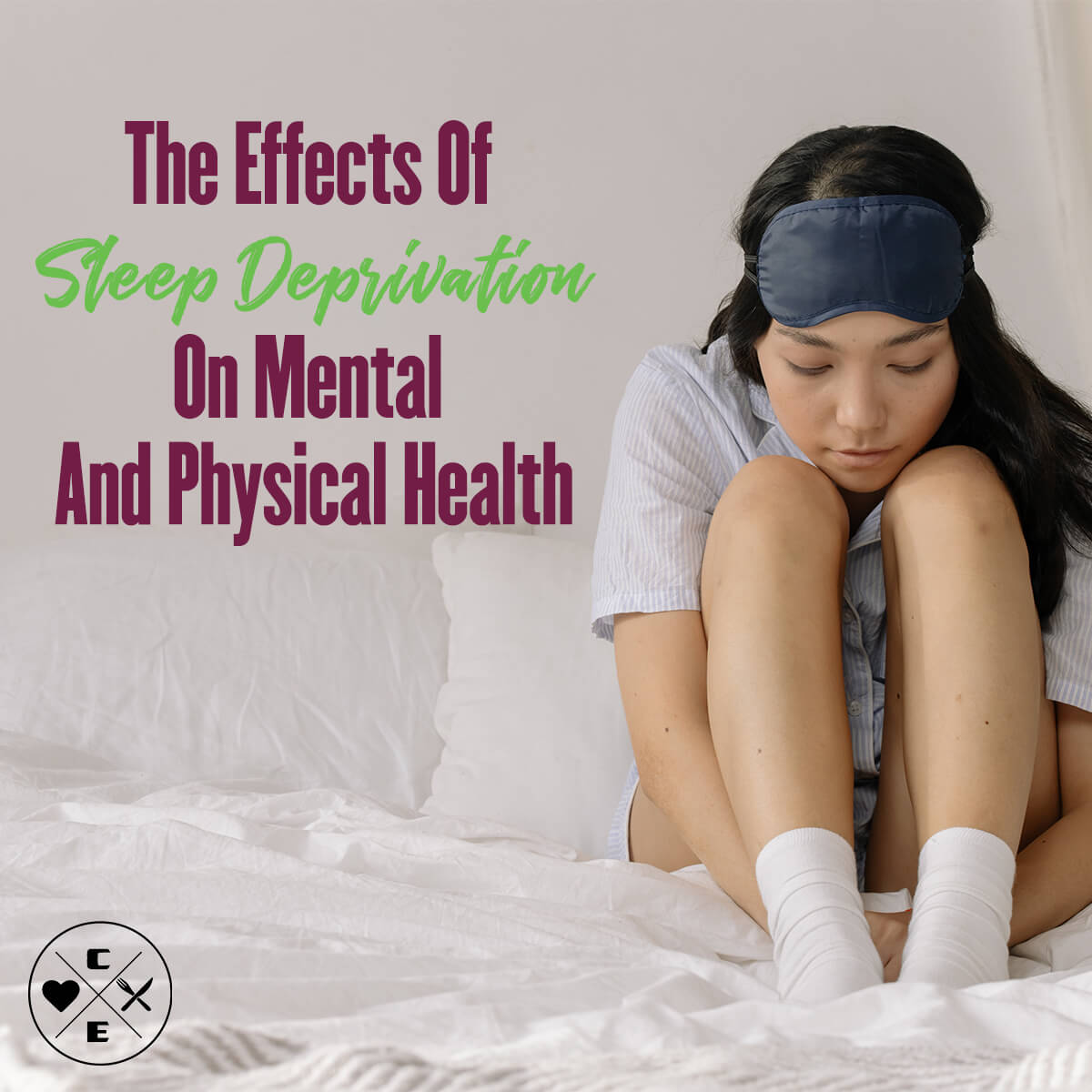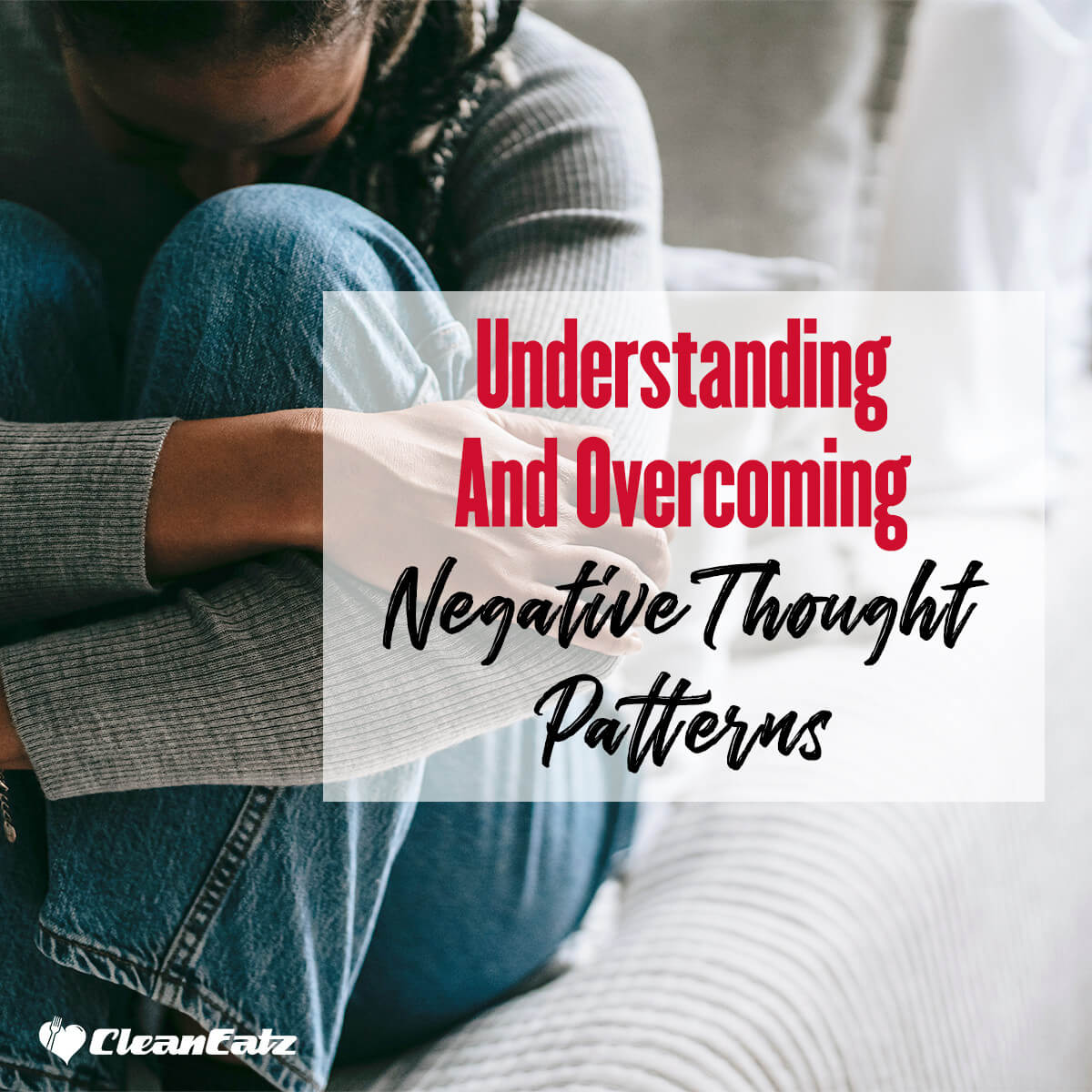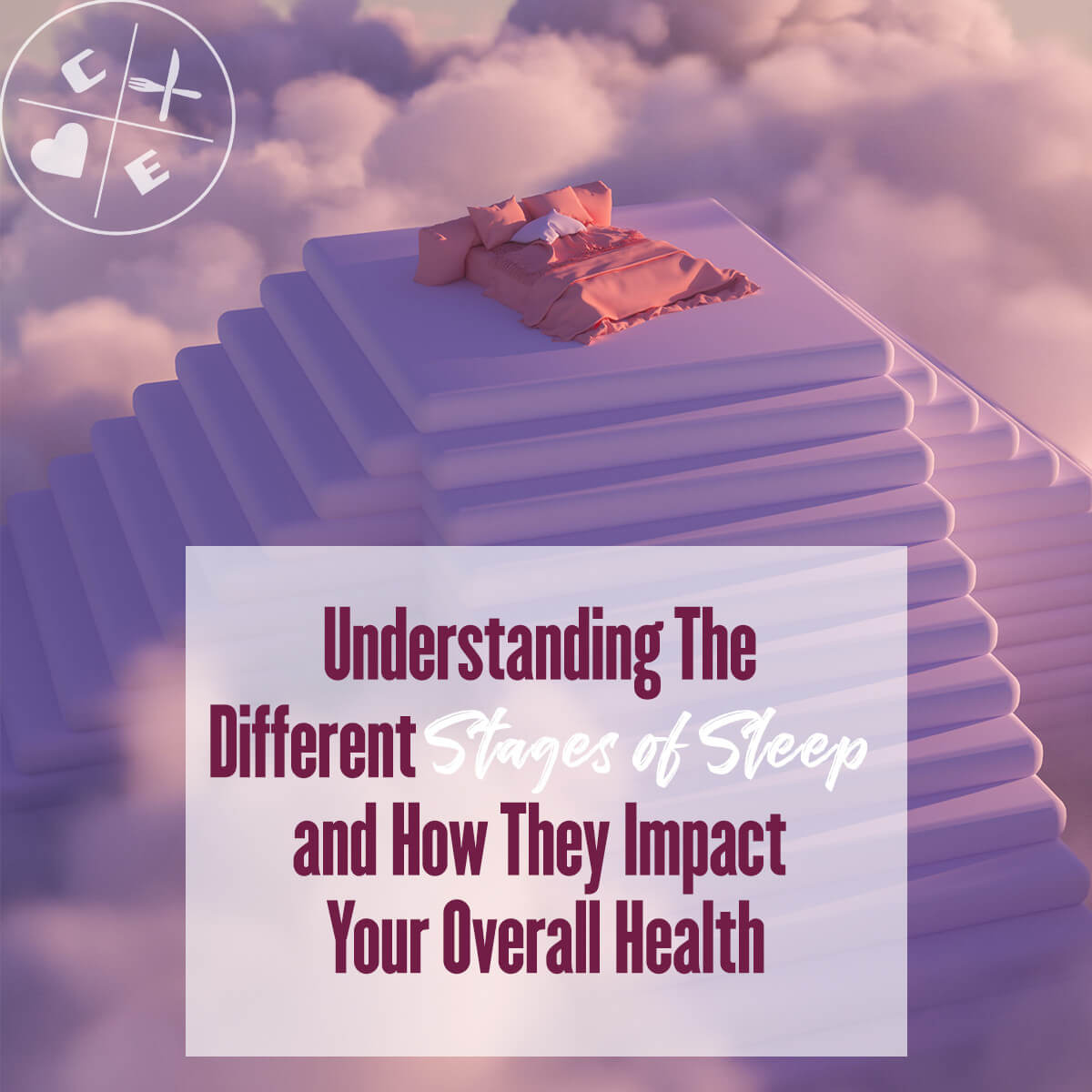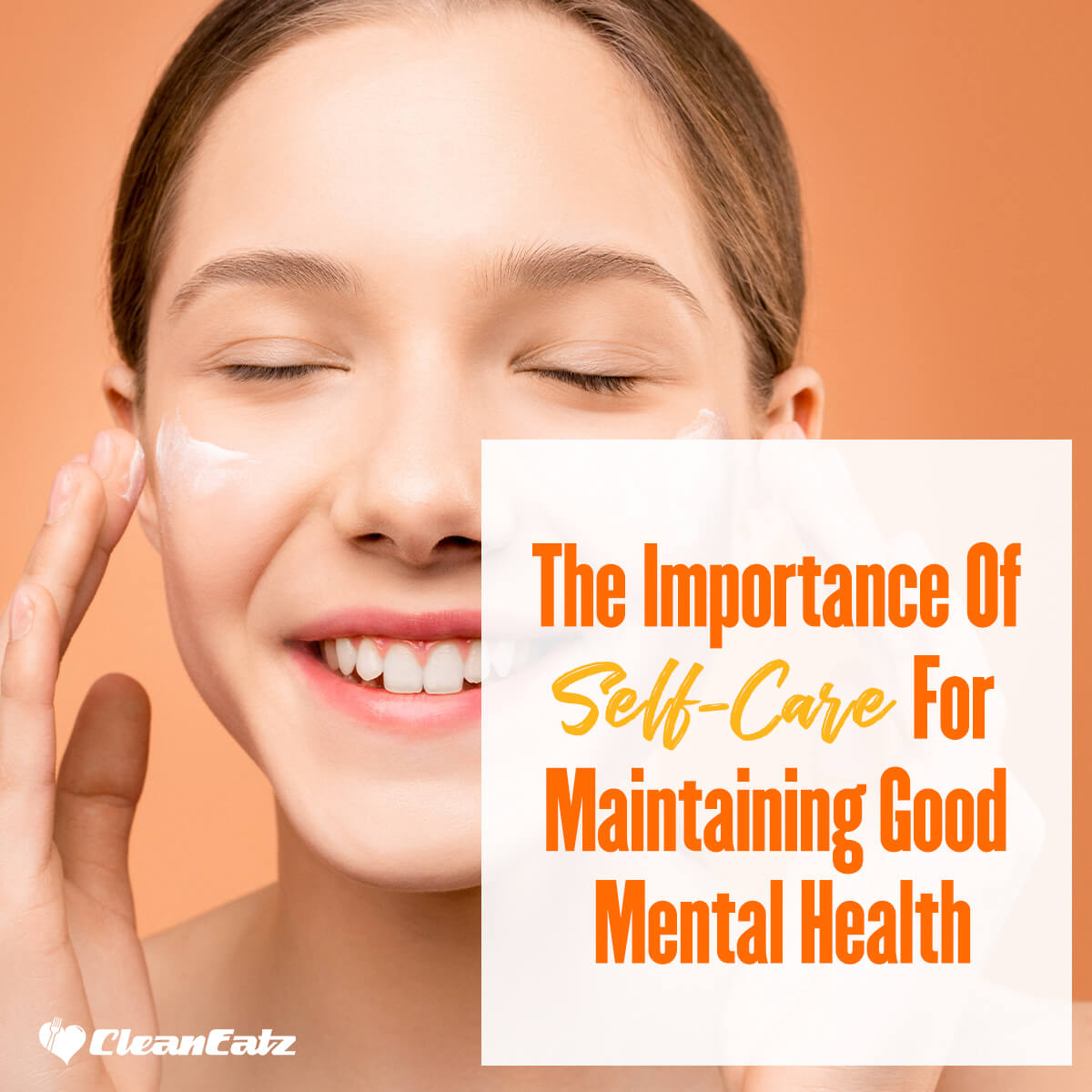
The Effects of Sleep Deprivation on Mental and Physical Health
Jason Nista
Mental Health
|
Sleep
6 minute read
Table of Contents
If you're like many of us, you might underestimate the importance of a good night's sleep. Sure, it feels great to get eight hours, but it's easy to think of this as lost productivity. However, what you may not realize is that your state of mind and your overall health are dependent on quality shut-eye.
This is the hard truth about sleep deprivation: It can lead to physical and mental health issues—and even long-term consequences. In this article, we'll show you what happens when you don't get enough sleep, plus strategies to help ensure that each night you get the restorative rest you need.
The Importance of Getting Quality Sleep
Your health can suffer when you don't get enough quality sleep. When you deprive yourself of sleep, your body is unable to perform at its best, and have a ripple effect on your physical and mental well-being. Here’s why sleep is so important:
- Mental alertness: Lack of quality sleep can lead to impaired judgment and decision-making, memory loss, and difficulty concentrating. The deficit in alertness can be dangerous if you drive or operate machinery.
- Memory: Sleep gives your brain the rest it needs to store memories in the long-term section of your brain. This means that recalling memories can become difficult due to inadequate rest.
- Physical Health: Poor rest can increase inflammation throughout the body which is associated with a higher risk for chronic illnesses, such as heart disease and diabetes. It can also cause fatigue which will make it harder for you to accomplish tasks throughout the day.
- Mood: Sleep deprivation has been linked to mood problems such as depression, anxiety, irritability, and mood swings. Those with chronic insomnia have a 10 times higher risk of developing depression than those who get enough sleep each night.
Getting quality sleep every night is integral for your overall health, both mentally and physically. So try your best to get into a regular sleep schedule where you get at least 8 hours of quality rest each night!
The Effects of Sleep Deprivation on Mood and Mental Health
As you already know, sleep deprivation can have a big impact on your mood and mental health. When you don't get enough rest, it can be difficult to stay positive and motivated during the day. Research has even shown that sleep loss can have a direct impact on your ability to focus, pay attention, and problem-solving.
Getting adequate sleep is also important for emotional regulation and stress management. When you’re sleep-deprived, it’s harder to keep your cool in stressful situations, due to an inability to manage emotions and think more clearly.
The effects of poor sleep can be both physical and neurological in nature. Insufficient rest can cause changes in certain brain regions that are linked to impulse control, alertness, decision-making, and emotional regulation. This can lead to increased irritability or aggression toward yourself or others. You might also experience a reduced ability to concentrate or process information correctly when tired.
Take some time to reflect on your own experience with lack of sleep—have you noticed fluctuations in your mental health? If so, focus on building healthy bedtime habits that will help you combat the negative impacts of poor sleep like stress, anxiety, and depression.
Physical Health Issues Linked to Lack of Sleep
When it comes to your physical health, sleep deprivation packs a hefty punch. As your body races to keep up through the day, it affects everything from your immune system and heart health, to your metabolism and even physical growth.
Immune System
A lack of sleep can impair your immune system, making you more prone to colds and diseases like the flu. The effects of long-term sleep deprivation can even make you vulnerable to chronic illnesses.
Heart Health
It’s easy to understand the connection between poor sleep habits and heart disease – when you’re tired all the time, you don’t feel like exercising and are more likely to overeat. But lack of sleep can also directly affect heart health – it increases blood pressure, which can lead to stroke or other cardiovascular diseases.
Metabolism & Growth
Lack of proper rest has been linked to many metabolic disorders such as obesity, diabetes mellitus type 2, and hypertension. In addition, growth-related hormones are mainly activated during deep sleep cycles; if these are not achieved due to a prolonged lack of restful sleep during development stages such as childhood or adolescence, normal physical growth may be affected.
To sum up, sleep deprivation is a serious issue that can have a significant impact on mental and physical health. Not getting enough sleep can result in poor concentration, fatigue, and a weakened immune system. It can also lead to depression and anxiety, as well as a range of physical ailments.
The best way to ensure a good night’s sleep is to make sure that you have a regular sleep schedule, reduce stress levels, and create a comfortable, distraction-free sleeping environment. Additionally, it is important to avoid stimulants such as caffeine and alcohol in the hours leading up to bedtime. By doing so, you can help prevent the negative impacts of sleep deprivation on your mental and physical health.
Another factor that can help you ensure a healthy sleep schedule is following a sufficient diet plan. By making sure that your body gets access to all the essential nutrients, you can allow it to rest and recover effectively. Clean Eatz Kitchen has a huge variety of some of the best diet plans to help you sleep better at night.
Summary Of the Effects of Sleep Deprivation on Mental and Physical Health
- Quality sleep can help you with mental alertness, good memory, better physical health, and enhanced mood
- Sleep deprivation can compromise your mental alertness, decision-making, and emotional regulation
- It can also affect your immune system, heart health, and metabolism
- You can ensure good quality sleep by maintaining a regular sleep schedule, reducing stress levels, and creating a comfortable environment



